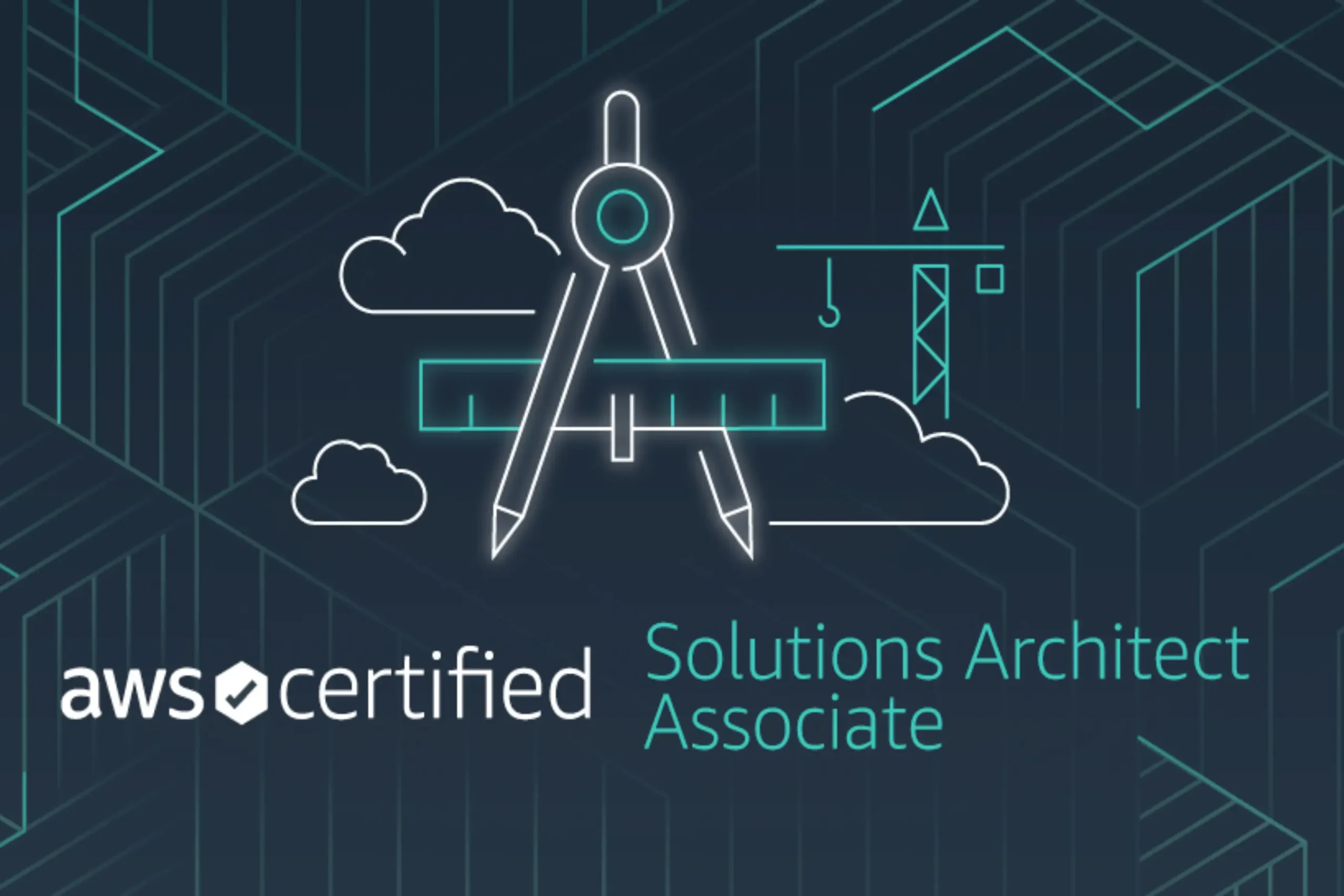Training and Certification Course
- Designed for people who want to get AWS Certification.
- Get ready to pass the AWS Solutions Architect Certification exam.
- Get Guaranteed placement assistance upon course completion.
- Learn AWS skills like architecture, load balancing, VPC, S3, EC2, and more.
- 5461 Learners
- 4.8 Ratings
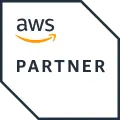


Trusted by AWS as partner

Trusted by AWS as partner
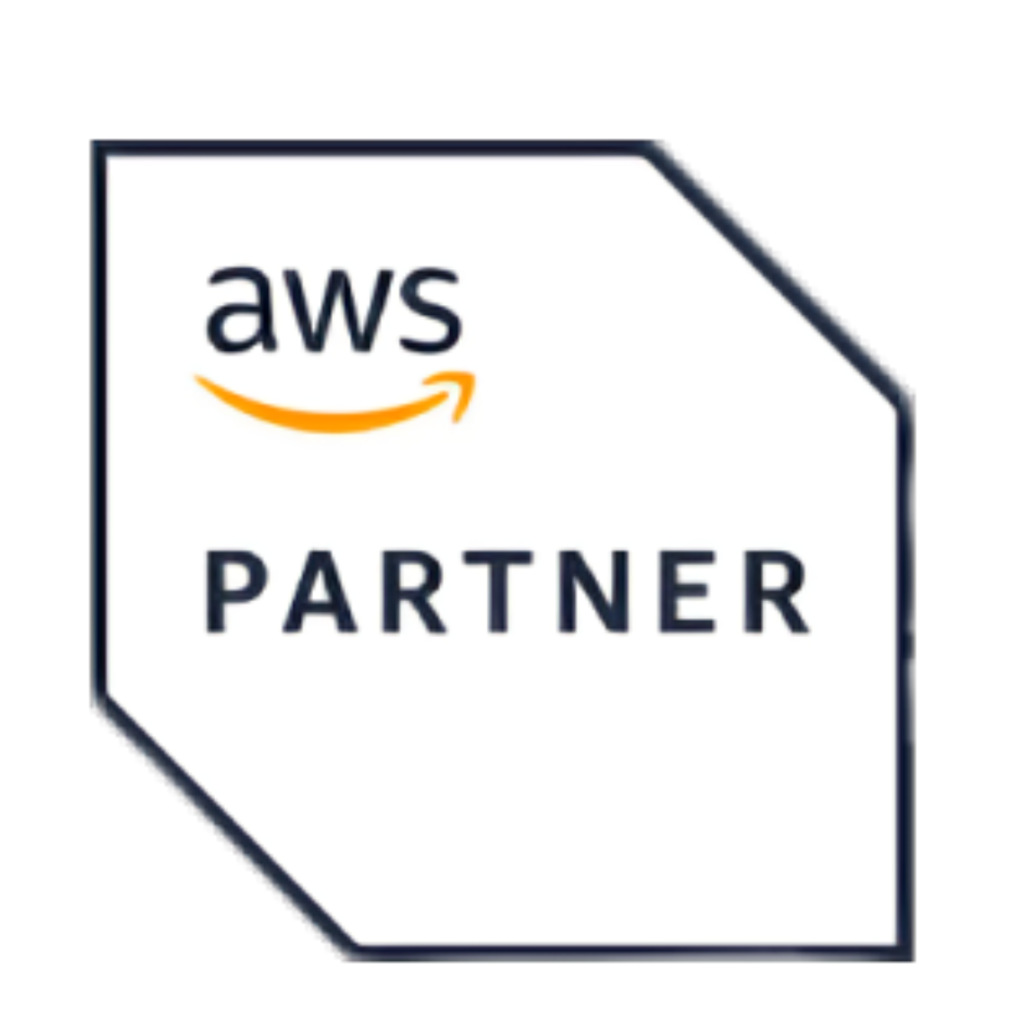
Key Features
- 36 Hours of Live Virtual Training
- 20+ years Highly Experienced Trainers
- Course Completion Certificate
- Hands-On Assignments for Each Module
- Life time Access to Recorded Sessions
- No Cost EMI Available


Average Salaries In Cloud Domain

AWS Solution Architect Certification Course Overview
This course is designed to equip learners with the skills needed to design and deploy high-performance, resilient systems using Amazon Web Services (AWS) cloud architecture. Participants will gain expertise in implementing secure and cost-efficient solutions within their organizations. Our trainers provide comprehensive coverage of key tools such as S3, EC2, and IAM services.
The training also focuses on best practices for managing AWS infrastructure, preparing you for the AWS Certified Solutions Architect certification. Whether it’s cloud infrastructure, migration, databases, or networking, this course ensures you have a clear understanding of all the components necessary to excel in your role.
Through hands-on labs and practice exams, the AWS Solutions Architect course reinforces your knowledge, helping you confidently achieve the AWS Solutions Architect Associate certification.
AWS Course Content
- Understanding Cloud Computing and its Concepts
- Overview of Cloud Services and Deployment Models
- How Amazon Web Services (AWS) Leads in the Cloud Industry
- Various Types of Cloud Services Provided by AWS
- Introduction to Fundamental AWS Services: IAM, S3, EC2, VPC, EBS, ELB, and AMI
- Understanding Virtualization in AWS (Xen Hypervisor)
- Exploring AWS Architecture and the AWS Management Console
- How Auto-Scaling Works
- Best Practices for Securing and Optimizing Costs in AWS Elastic Cloud Computing
- Hands-on Exercise
- Introduction to AWS Elastic Cloud Computing (EC2)
- Exploring Global Infrastructure, AWS Regions, and Availability Zones (AZs)
- Understanding Traditional Servers Pre-EC2 and EC2 Instance Types
- Comparing Public IP and Elastic IP
- Launching AWS Elastic Cloud Computing with Various Instance Types
- Understanding Amazon Machine Image (AMI), Creating and Copying Custom AMIs
- Introduction to Amazon Elastic Block Storage (EBS) and EBS Volume Types
- Creating EBS Snapshots
- Introduction to Amazon Elastic File Storage (EFS)
- Instance Tenancy: Reserved and Spot Instances
- Exploring Pricing and Design Patterns
- Hands-on Exercise
- Introduction to Elastic Load Balancer (ELB)
- Types of ELBs: Network, Application, and Gateway
- How ELB Architecture Works
- Cross-Zone Load Balancing
- Concepts of Auto-Scaling: Vertical and Horizontal Scaling, Auto-Scaling Lifecycle
- Components of Auto-Scaling, Scaling Options, Policies, and Instance Termination
- Working with Auto-Scaling Using the Load Balancer
- Domain Name Server (DNS) and Route 53
- Routing Policies, Route 53 Terminologies, and Pricing
- Hands-on Exercise
- Understanding Isolated Amazon Virtual Private Cloud (VPC)
- Networking Layer Architecture in VPC for EC2
- Concepts of IP Addressing and CIDR Notations
- Components of VPC: Network Interfaces, Route Tables, Internet Gateway, NAT Gateway
- Cloud Security in VPC: Security Groups and NACL
- Types of Virtual Private Cloud
- Understanding Subnets, VPC Peering, and VPC Endpoints
- VPC Pricing and Design Patterns
- Hands-on Exercise
- Introduction to AWS Storage and Simple Storage Service (S3)
- Cloud Storage Pre-S3 and API, S3 Consistency Models
- Hierarchy of Storage and Usage of Buckets in S3
- Objects in S3: Metadata, Storage Classes, and Object Versioning
- Managing Object Lifecycle and Cross-Region Replication
- Data Encryption, Connecting via VPC Endpoint, and S3 Pricing
- Hands-on Exercise
- Types of Databases and AWS Database Services
- Working with Amazon Relational Database Service (RDS)
- Configuring and Launching Amazon RDS Multi-AZ Deployment
- Features of Amazon RDS, Read Replicas, and Reserved DB Instances
- Overview of RDS Pricing and Design Patterns
- Introduction to Amazon Aurora: Benefits, Pricing, and Design Patterns
- Overview of DynamoDB: Components, Pricing, and Design Patterns
- Understanding Amazon Redshift and Its Advantages
- Exploring Amazon ElastiCache
- Hands-on Exercise
- Introduction to CloudFormation as Infrastructure-as-Code (IaC)
- CloudFormation Components and Templates
- Infrastructure-as-Code Concepts
- Functions and Pseudo Parameters in CloudFormation
- Simple Notification Service (SNS), Simple Email Service (SES), and Simple Queue Service (SQS)
- Hands-on Exercise
- Introduction to IAM and Access Management
- Amazon Resource Name (ARN) and IAM Features
- Multi-Factor Authentication (MFA), IAM Policies, Permissions, Roles, and Pricing
- AWS Monitoring with CloudWatch: Metrics, Namespaces, Architecture, Dashboards, Alarms, Logs, Pricing, and Design Patterns
- Understanding CloudTrail and API Usage Tracking
- Hands-on Exercise
- Introduction to AWS Lambda Serverless Compute
- Benefits and Limitations of AWS Lambda
- AWS Lambda Concepts and Use Cases
- Integrating and Managing S3 with AWS Lambda
- Introduction to Elastic Beanstalk and Its Concepts
- AWS Elastic Beanstalk Pricing
- Configuration Management: AWS OpsWorks
- Comparison of CloudFormation and OpsWorks
- AWS OpsWorks Stacks and Pricing
- Hands-on Exercise
- Understanding Cloud Migration and Its Significance
- AWS Migration Strategy: 6 R's
- Migrating Virtual Machines and Local VMs to AWS Cloud
- Using Database Migration Service (DMS) for Database Migration
- Migrating Local Databases to Relational Database Service
- Migrating On-Premises Database Servers to RDS Using DMS
- Hands-on Exercise
- Principles for Building Robust and Efficient AWS Well-Architected Framework
- Designing Fault-Tolerance and High-Availability Architecture
- Selecting Resilient Storage Mechanisms and Design Decoupling
- Architecting Multi-Tier Solutions and Disaster Recovery
- Designing Scalable and Elastic Solutions
- What is the DevOps methodology?
- Getting Started with AWS DevOps.
- Understanding the working of AWS Developer tools-CodeCommit,CodeBuild, and CodeDeploy.
- Understanding the working of AWS Developer tools -CodePipeline,integrating GitHub with CodePipeline.
- Designing and implementing a DevOps lifecycle using AWS DevOps tools.
- Introduction to FSx and Types of FSx: Windows File Server and Lustre
- Working of Automatic Failover Process and Supported Clients
- Introduction to Global Accelerator: Listeners, Endpoints, and AWS Organizations
- Features of AWS Organizations and Managing Multiple Accounts
- Concepts of ENIs, ENAs, EFAs, and Upgraded Networking with ENA, EFA with MPI
- Hands-on Exercise
- Introduction to Containers and Container Orchestration
- Working with Amazon Elastic Container Registry (ECR)
- Concepts of Amazon Elastic Container Service (ECS) and Launch Types
- Introduction to AWS Fargate
- Hands-on Exercise
- Guidance for Clearing the Exam
- Most Probable Interview Questions and Tips for Success
Career Services

Guaranteed Job Placement Assistance
Mock Interview Practice
Personalized Career Guidance
Exclusive Access to Our Community
Career Development Workshops
Resume and LinkedIn Profile Building
Course Fees
Online Classroom
- Everything in Self-Paced Learning, plus
- 35 Hrs of Instructor-led Training
- Attend as many batches as you want for Lifetime
- One to one doubt resolution sessions
- Job Assistance
Weekend (Sat - Sun)
- 28 sep 2024
- 08:00 PM - 11:00 PM
Weekend (Sat - Sun)
- 5 Oct 2024
- 08:00 PM - 11:00 PM
Weekend (Sat - Sun)
- 12 oct 2024
- 08:00 PM - 11:00 PM
Weekend (Sat - Sun)
- 19 Oct 2024
- 08:00 PM - 11:00 PM
₹37,000
EMI Starts at
₹4,999
We partnered with financing companies to provide competitive finance option at 0% interest rate with no hidden costs
Financing Partners




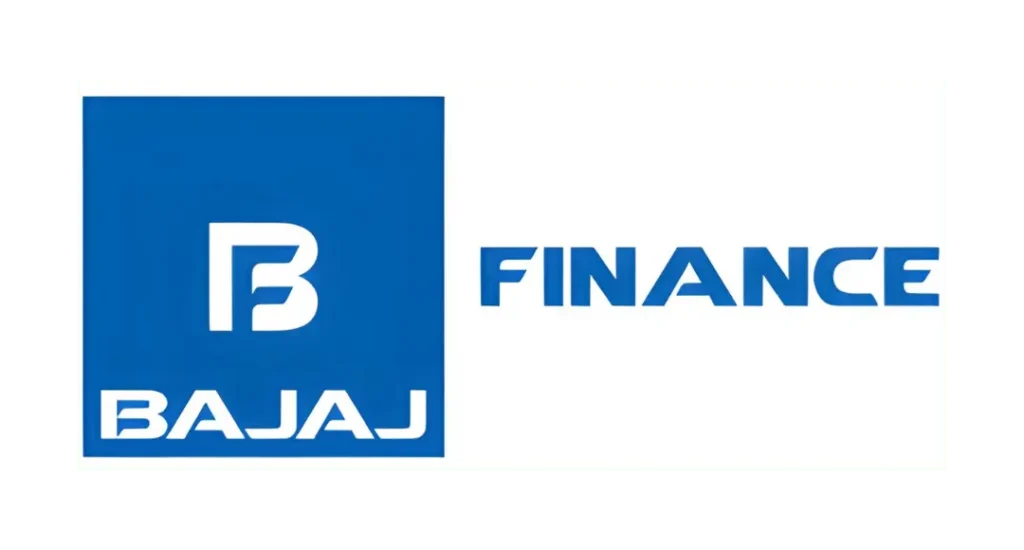



The credit facility is provided by a third party credit facility provider and any arrangement with such third party is outside Irizpro purview.
Corporate Training
- Customized Learning
- Enterprise Grade Learning Management System (LMS)
- 24x7 Support
- Enterprise Grade Reporting
Get up to 25% discount for registration this month!
Why Irizpro Learning Solutions ?
AWS Authorized Training and certifications
Certified and Experienced Instructors
Post Training Support
Customized Training
Flexible Schedule
Access to Recorded Sessions
Training
AWS Solution Architect Associate Certificate
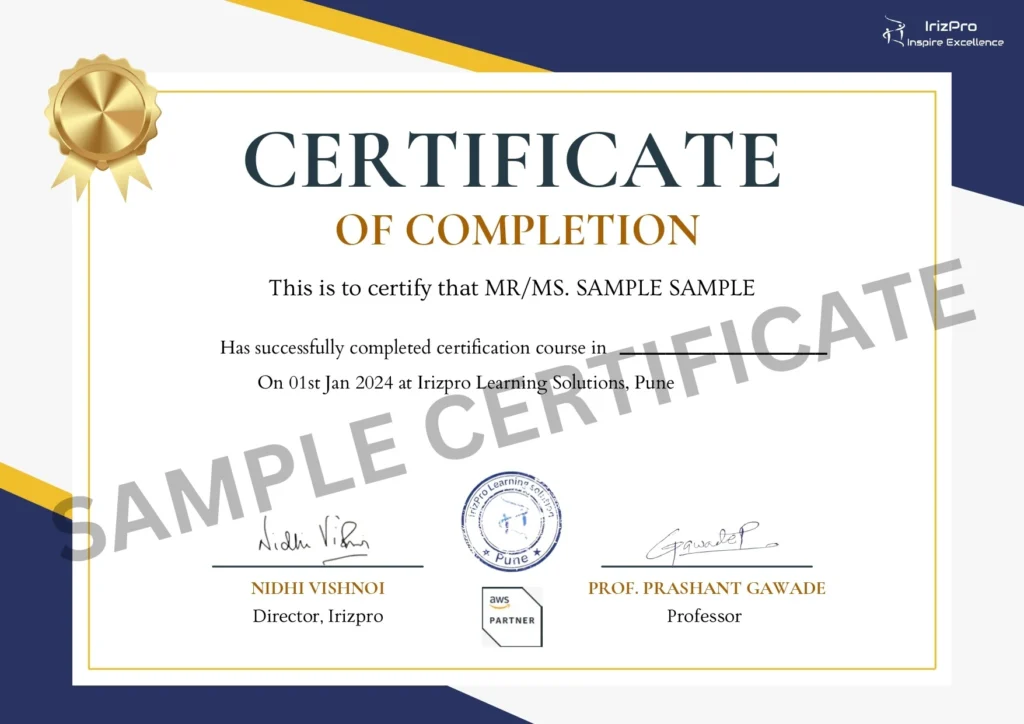
Course Reviews
Course Description
Who is the Course For?
This course is perfect for IT and non-IT professionals aiming to excel in the rapidly expanding cloud computing field. AWS is a leading cloud service provider, and whether you’re making a career shift or starting fresh in cloud computing, this AWS Solutions Architect Associate Course is tailored for you. It’s especially suitable for Solutions Architects, Programmers, Cloud Developers, Cloud Engineers, and DevOps professionals.
Learning Objectives
Upon completing this course, you’ll achieve AWS Certified Solutions Architect certification, showcasing your expertise in AWS core concepts. You’ll gain the skills necessary to confidently build, provision, and manage systems on the AWS platform. The training covers critical areas including networking, storage, management console, and security, equipping you to create and deploy robust applications using AWS.
Eligibility
The AWS Solutions Architect course is designed for professionals and technical graduates aiming to build scalable, fault-tolerant applications on AWS. While one year of hands-on experience with AWS services is recommended, individuals with 1-3 years of IT experience can also succeed in earning the certification. For those new to IT, starting with the AWS Certified Cloud Practitioner is advisable to build foundational knowledge before pursuing the AWS Certified Solutions Architect – Associate certification.
Admission Process
You can enroll directly through this link or contact our team at 9503883443 for assistance.
Duration
The course provides 36 hours of intensive training to help you master AWS systems building and management. You’ll also receive pre-recorded sessions with lifetime access.
Prerequisite
There are no specific prerequisites for this course. It is open to any graduate or IT professional interested in AWS.
Cost
The course fee is ₹35,000/-. Reach out to us for special discounts on the AWS Solutions Architect Associate course.
Financing
We offer financing options, including no-cost EMI plans. Contact us to learn more about these options.
Why Take the AWS Solutions Architect Associate Course in 2024?
This course delivers in-depth knowledge of AWS solutions and best practices in cloud architecture, positioning you for lucrative job opportunities with excellent earning potential. Post-training, you’ll be adept at designing and building scalable, secure systems on AWS, gaining a competitive edge in the cloud computing sector.
At Irizpro, we prioritize your career growth. Our expert trainers bring extensive real-world experience, ensuring you receive practical, up-to-date knowledge. We continually enhance our AWS Solutions Architect Associate course to reflect the latest AWS developments. With interactive sessions and real-world projects, you’ll be well-prepared to achieve your AWS certification. Irizpro’s proven track record of successful certifications and positive student feedback highlights our commitment to quality education.
Trending Courses
AWS Certification Course FAQs
AWS certifications show that you have a thorough understanding of specific AWS cloud services. They validate your technical abilities to build, operate, manage, optimize, and maintain AWS cloud compute, networking, storage, database, application, security systems, and more. There are 12 AWS certifications available.
An AWS Solutions Architect designs cost-effective, available, scalable, and fault-tolerant systems on AWS. They identify and define the technical requirements for an AWS-based application and decide which AWS services meet those requirements, as they clearly understand the basic architectural principles of building on the AWS cloud platform.
The AWS Solutions Architect certification validates your expertise in designing scalable AWS infrastructure solutions, offering career advancement and industry recognition in cloud computing. You will learn how to manage the critical components of AWS cloud infrastructure, including compute resources, storage, network, databases, security and IAM, serverless and application services, monitoring and automation, and containers. A hands-on, course-end project also helps you validate the skills and knowledge learned throughout the program. Additionally, you will gain access to the AWS Certified Global Community LinkedIn Group and receive an AWS Certification Practice Exam Voucher.
To enroll in this AWS certification course, you must complete the online application. Our admissions panel will review your application and contact you by email if you’ve been selected. You can pay the admissions fee to start the course.
There are no prerequisites for this AWS training course. However, prior experience working with AWS or another cloud computing platform is recommended.
There are no prerequisites for this AWS training course. However, prior experience working with AWS or another cloud computing platform is recommended.
You can start an AWS career by learning the core concepts of cloud computing and gaining hands-on experience with AWS services through immersive online AWS training, projects, and internships. Some examples of projects include configuring load balancers between web servers to enable autoscaling and creating custom VPCs with public and private subnets across multiple availability zones. Network with professionals in the field to find entry-level opportunities and get advice. Most importantly, use your practical experience and professional training to prepare for and pass the AWS certification exam.
Earning an AWS certification is definitely worth it. These certifications validate your competency in various AWS services and specialties. The demand for skilled AWS cloud architects is high and growing. Moreover, these certifications can benefit professionals across all industries and geographies, enabling them to land lucrative and challenging job roles.
Yes, anyone who wants to develop AWS cloud skills can take this AWS Solutions Architect course, as long as they have an undergraduate degree or high school diploma. However, it’s recommended that learners have some experience working with cloud platforms to excel in the program.
Pearson VUE delivers the AWS certification exams. Here's the refund policy for AWS certification exams:
- Cancellation over 24 hours before exam: Full refund.
- Cancellation within 24 hours or no-show: Exam fee forfeited.
Yes, this AWS certification training course provides the opportunity to take three simulation exams. Each practice exam contains 60 questions that will help prepare you for the actual certification exam.
We have highly qualified instructors who are industry experts with years of relevant industry experience for this AWS Solution Architect - Associate training program. Each undergoes a rigorous selection process, including profile screening, technical evaluation, and a training demo evaluation before getting certified to train for us. Besides, we ensure that only those trainers with a high alumni rating remain part of our faculty.
We offer 24/7 support through chat for any urgent issues. For other queries,we have a dedicated team that offers email assistance and on-request callbacks.



